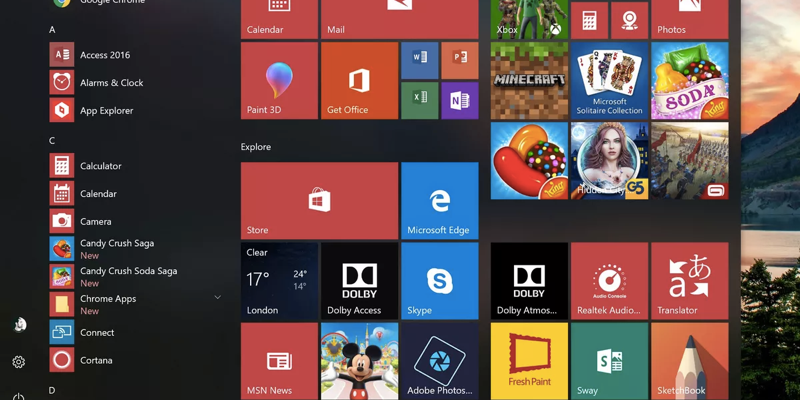
What is bloatware and how does it impact Canadians?
Bloatware comes on every single computer. It's not required to run the computer, but rather, is promoted as a value-add from the vendor. Basically, bloatware is like junk food for your hard drive. It fills your computer with unnecessary bulk and filler, using up storage and slowing down the functionality of the software you really need.
All bloatware in Canada and all over the world follows the same fundamental premise: you don’t pay for the product and it contains nothing you need. Often a new computer from Lenovo or Dell will come with this free software, which is touted as performance enhancing. However, in many cases, this software is nothing more than a feature creep. It will require more upgrades that you must pay for, which add little or no improvement, and actually lower the performance of the software.
Some software companies have arranged with computer manufacturers to have their software pre-installed. Once customers start up their new computers, the start menu or desktop will immediately prompt the installation of unnecessary software, which unsuspecting users then download. It can appear with specialized names like secure zone or transfer wizard that will help you migrate data from your old computer to your new computer. It presents as secure and safe because it came with the new computer. However, much of this software has little or no bearing on the actual performance of your computer.
The Problem with Bloatware
Aside from reducing the efficiency and speed of your operating system, bloatware can also pose risks to privacy and security settings. The issue pertains to what’s connected to Lenovo or Dell in the background. And that leads into tin foil hat territory. You have no idea or control over what they’re doing with that information. You don’t know if your password is being sent to to other parties. Computer manufacturers are required to sell you a clean and functioning product, but once that product is in your hands, they aren’t accountable for the way you choose to operate their product. Even though they offer free software from outside vendors with their product, it is your choice to install it.
Software developers use this initial trust people place in big name computer manufacturers to entice people to run their software. If it came with my new computer, it must be necessary, right? This is the outlook companies rely upon to gain new customers, as once that software is installed, they can now hit users with extra add-ons, upgrades, and new features all with dubious claims of enhancing performance.
Hacking into the Vendor
An aura of confidence hangs around bloatware. However, a skilled hacker will find a way to circumvent security. Ultimately, Canadians don’t actually know if companies are handling their data properly. Apple, for example, claims that its database is encrypted and that no one has access to it. However, password databases can be hacked. Apple didn’t find out about a security breach for 20 months. By federal law, Apple doesn't even have to share information about a privacy breach. The average time it takes to determine if a security breach has happened is 219 days.
How to Prevent Bloatware
When it comes to bloatware, Canada has no legal requirements barring computer manufacturers from offering free third-party software with their product. Though it might seem that they are actively complicit in “tricking” users into installing unnecessary software, the responsibility lies with the customer. It is up to you to make a conscious decision on what you run on your computer. If the software doesn’t share the usual Microsoft or Apple prompts, it is likely from a third-party. A bit of quick research into the product will give users an idea of whether the software is necessary or beneficial to them. Once bloatware is installed in your computer, it may require an IT services expert to completely remove it.
 |
 |






